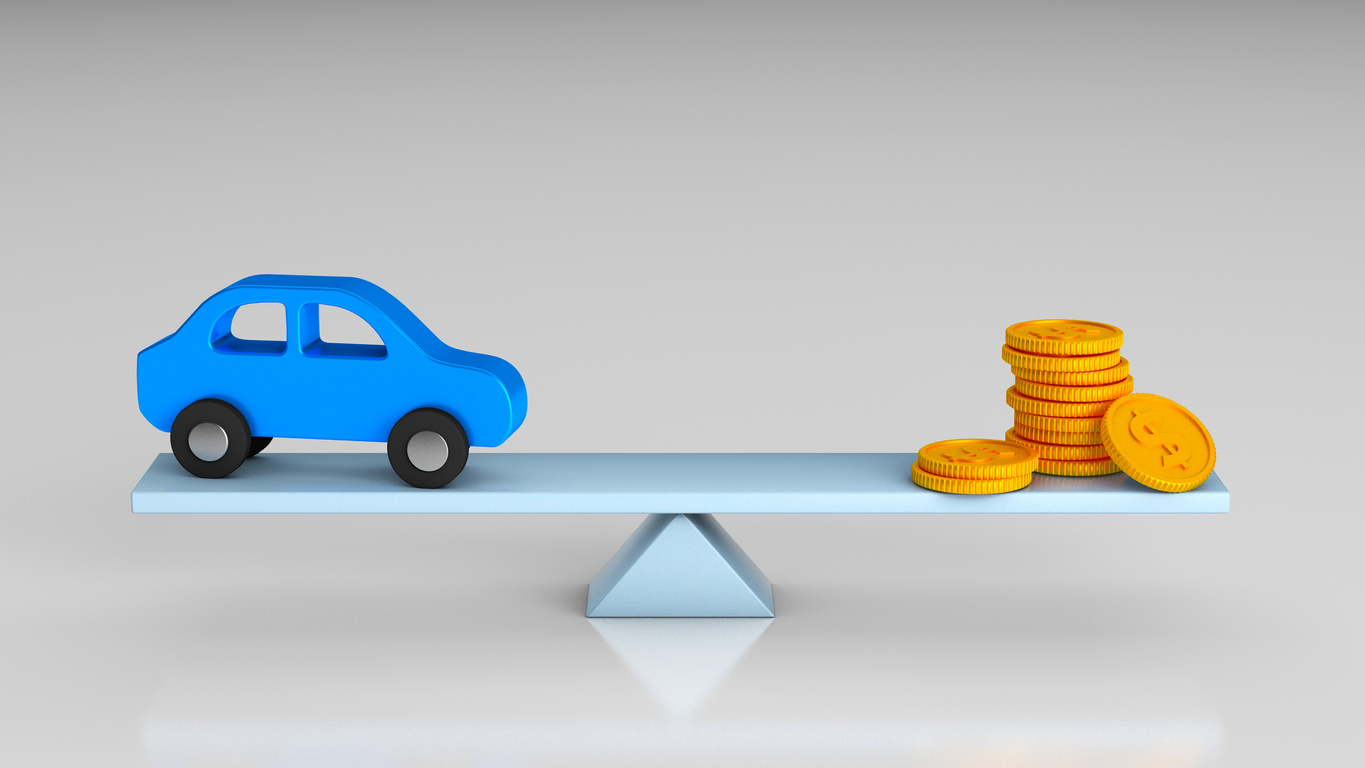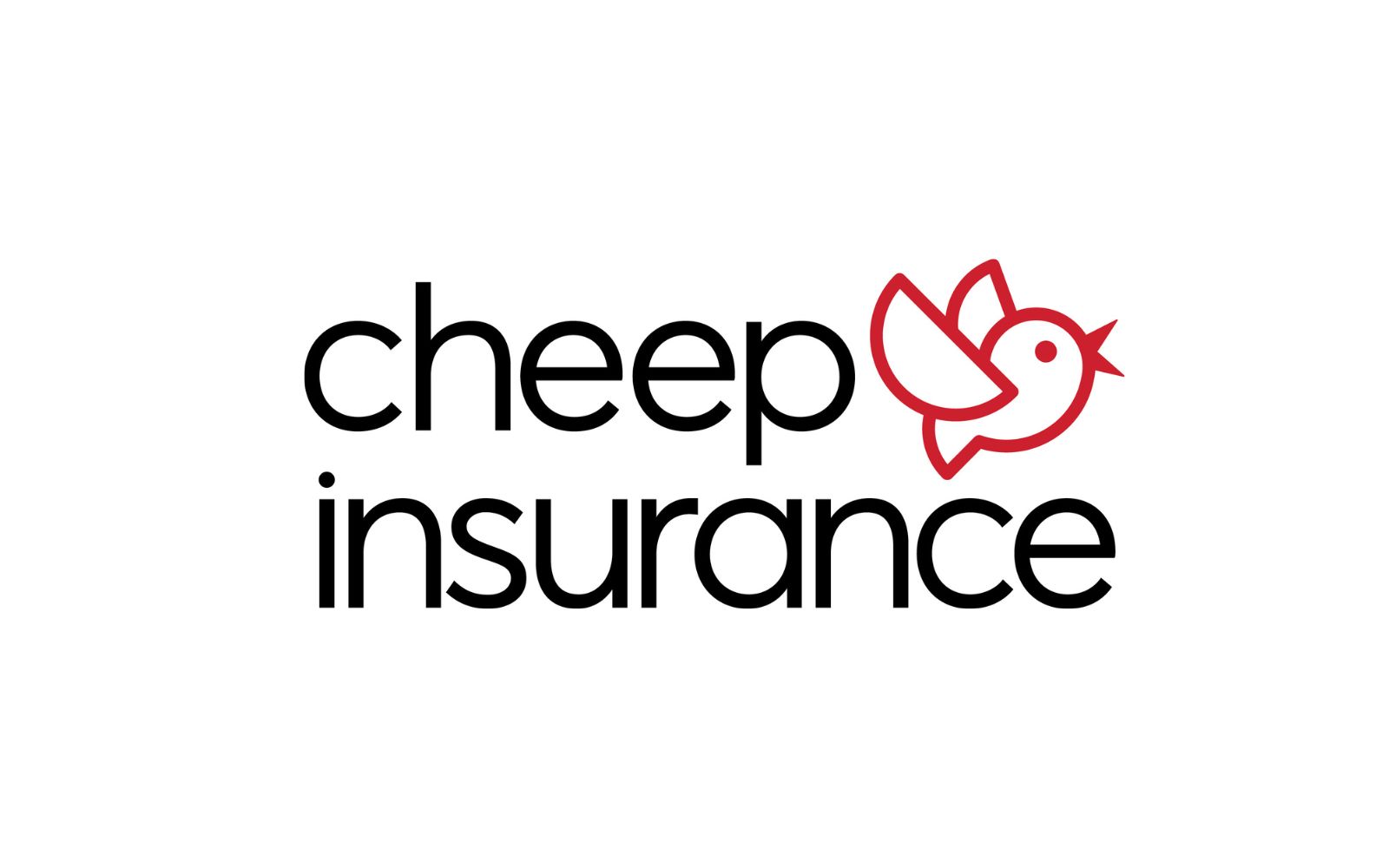What is no-fault car insurance?
Many people have heard that Nova Scotia (and some other provinces) has “no-fault” car insurance – but what does that mean? Having no-fault car insurance does not mean that no one is held responsible when a car accident happens. The “no-fault” car insurance claims system used in several provinces helps to cut down on lengthy claims settlement times, and to get you assessed, treated, and back on the road faster.
In a no-fault car insurance system, your own insurance policy pays for damages to your own vehicle, your own medical treatment, and any other costs that may arise during your claim. (This varies depending on the coverages on your specific insurance policy.)
Even though fault is not required to be assigned for the payment of the claim, responsibility for the accident is still assigned to one or both drivers, which may affect their driving record and insurance premium prices.
Do I have no-fault insurance?
The type of insurance coverage and claims system you have depends on where you live. All Atlantic Provinces in Canada use a no-fault insurance claims system, as does Alberta, Ontario, and Quebec. Though there may be slight differences in each province, the general idea is that your damages are paid by your own insurance, regardless of who is at fault.
How does a no-fault claim affect my premium?
A no-fault insurance claim will affect your insurance price the same way as any other claim. Insurance companies work with local authorities and claims adjusters to decide who was at-fault for the accident. They will assign a percentage of fault (typically 50% or 100%) to one or all drivers involved.
If you are deemed at-fault or partially at-fault for the accident, your car insurance price may increase for the following 3 to 6 years. This is when additional coverage such as accident protection can be very helpful and save your tail if you are in an accident.
What are the benefits of no-fault insurance?
As we mentioned above, the main benefit of no-fault insurance is that it greatly decreases claim settlement times. This means that if you need a replacement vehicle, medical treatment, or repairs to your vehicle, you get the money to do so much more quickly. This is because no matter who is at fault, your insurance company pays out the claim, and then starts the investigation process; instead of making you wait for the investigation to conclude before receiving funds or help.
Knowing how your insurance works can help you stay cool, calm, and collected in the event of an accident. If you are in a claim, visit our Claims Page or “What Happens When I Make a Claim” blog for more information on the claims process, claims FAQs, and to learn the most efficient way to report an insurance claim.







 Most policies insured with Cheep Insurance are Agency Bill/IFS financed policies. You can determine who manages your payments by following the directions below. If you are still not sure who manages your payments, call our team as funds paid directly to the insurance company when they should go to IFS will cause large delays.
Most policies insured with Cheep Insurance are Agency Bill/IFS financed policies. You can determine who manages your payments by following the directions below. If you are still not sure who manages your payments, call our team as funds paid directly to the insurance company when they should go to IFS will cause large delays.